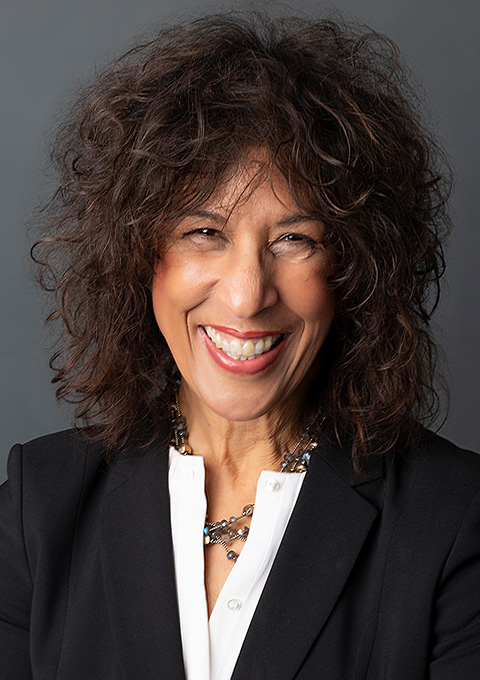Small States & Great Power Relations: How do Caribbean SIDs Secure their Interests?
The Policy Center for the New South, in partnership with the Brussels Diplomatic Academy, will host a webinar under the theme “Small States & Great Power Relations: How do Caribbean SIDs Secure their Interests?”, scheduled on Thursday, June 17th, 2021 at 2pm Rabat time/ 3pm Brussels time. These are extraordinary and highly uncertain times. Great power rivalry and competition between the USA and China are at an all-time high; the world is still in the grips of an on-going pandemic. Post COVID-19 recovery will be a long drawn out process. In the midst of tensions between East and West there are some who argue that a bifurcation of global systems will take place as the World Order continues to evolve and global value chains experience some degree of uncoupling as a result of both the effects of the pandemic and existing geopolitical tensions. In an evolving international structure small states need all the friends they can find. They have few opportunities and weapons in the soft power tool kit with which to lobby for and protect their interests. Coalitions and alliances matter. In this era of heightened tensions during which the economic and social effects of the pandemic will be long lasting, small states such as the SIDS of the Caribbean need to tread wearily, not wishing to be caught in tensions between East or West. In such a world, how do they influence global policies and secure their interests? Can they?








